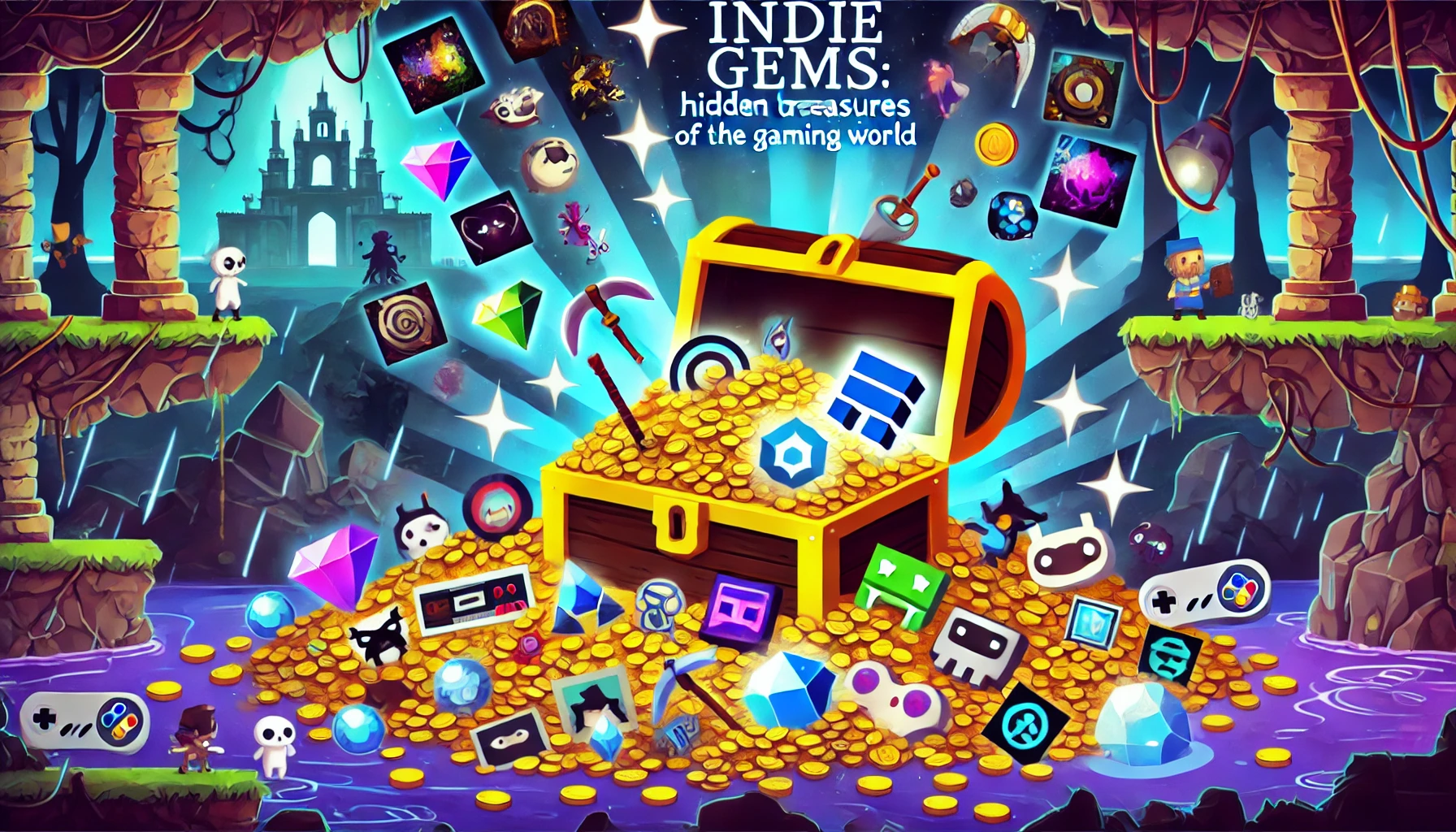Fun and Educational Games for Kids
Embark on an exciting journey as we explore the magical world of fun and educational games for kids! This article serves as your ultimate guide, promising a rollercoaster ride of discovery that will leave you eager for more. Dive in now!
Building Critical Thinking Skills with Puzzle Games
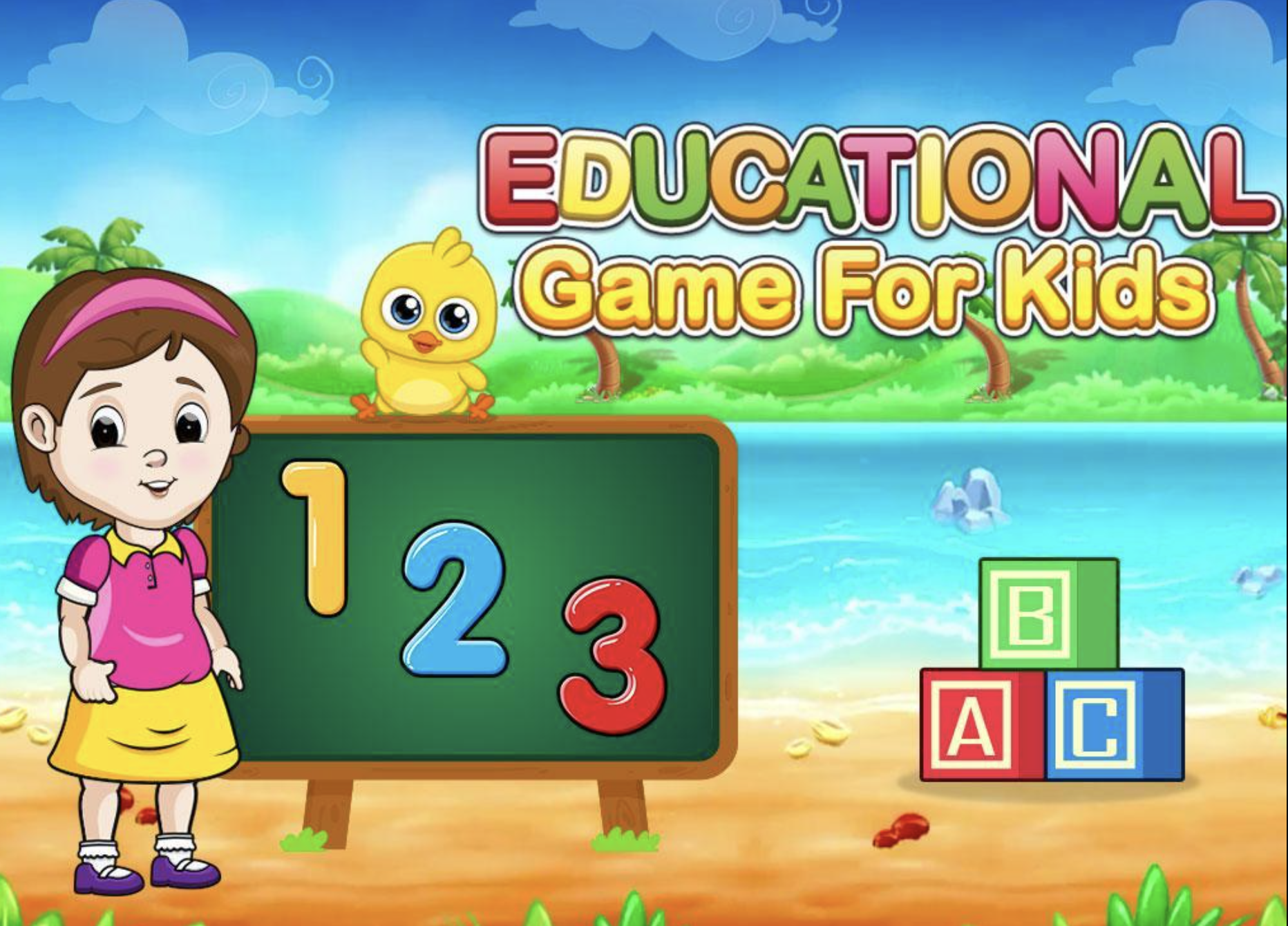
Puzzle games serve as an excellent tool to enhance the critical thinking and problem-solving capacities of young minds. These games, ranging from the tangible joy of completing a jigsaw puzzle to the interactive challenges found in digital formats, offer a dynamic platform for children to sharpen their intellect. Engaging with puzzles requires children to employ strategic thinking and persistence, skills that are vital for their intellectual development. As they navigate through various puzzles, they not only encounter fun but also cultivate essential life skills such as decision-making and analytical thinking. The beauty of puzzle games lies in their ability to adapt to different age groups and skill levels, ensuring that every child finds a challenge that's just right for them. Through the process of trial and error, children learn the importance of patience and resilience, as they understand that mistakes are stepping stones to success. Moreover, puzzle games enhance a child's spatial reasoning, a skill crucial for many STEM fields. As children manipulate pieces to fit together or solve logical puzzles, they gain a deeper understanding of spatial relationships and geometry. The interactive nature of these games also promotes a sense of accomplishment and self-confidence as children see tangible results of their efforts. Puzzle games, therefore, are not merely a source of entertainment but a multifaceted educational tool that fosters a broad range of cognitive abilities in young learners.
Enhancing Creativity with Art and Craft Games
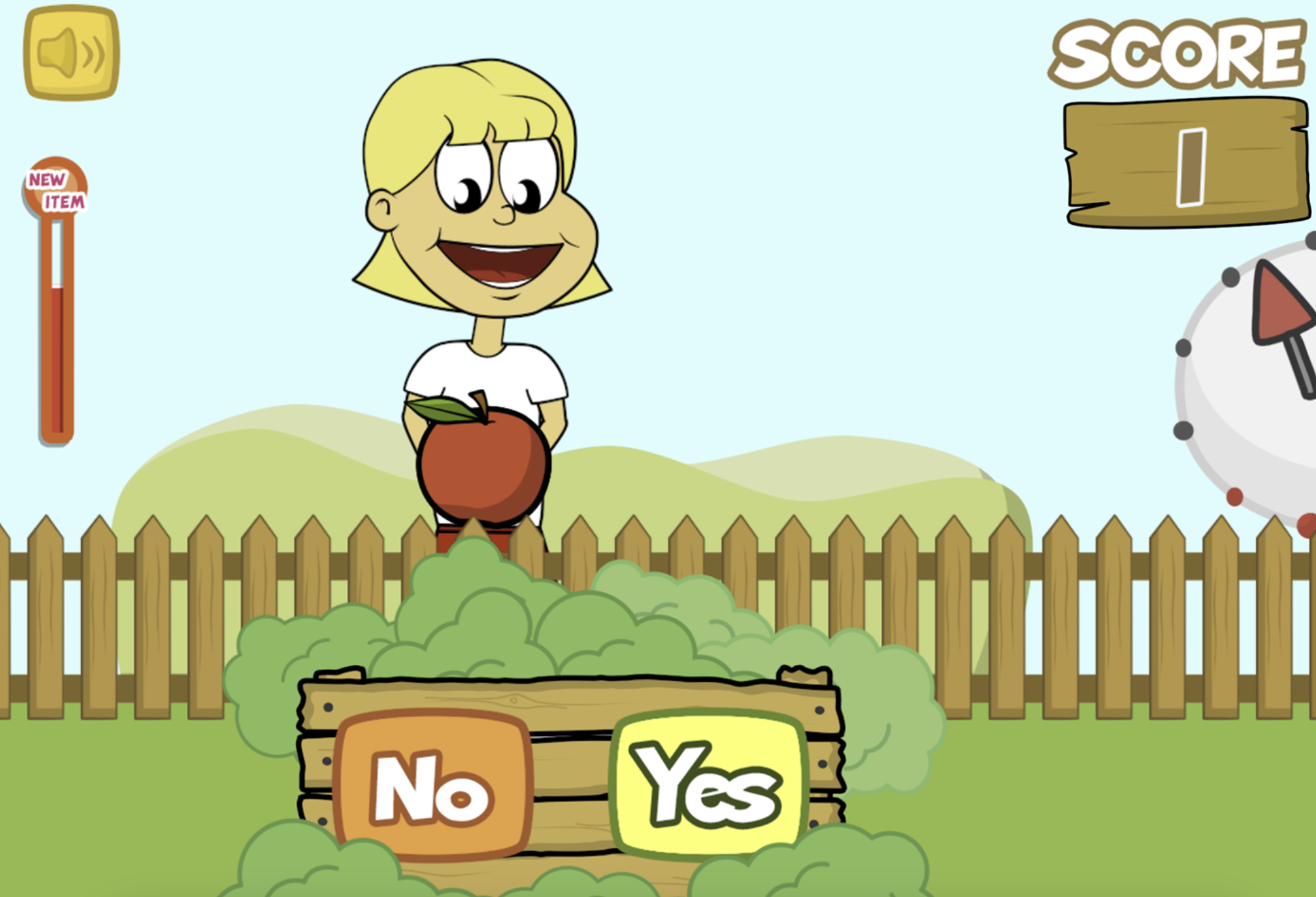
Art and craft games ignite the spark of imagination in children, providing a colorful canvas for their creativity to run wild. These activities, ranging from simple drawing exercises to more complex crafting projects, allow children to express their thoughts and emotions in a tangible form. By engaging in these games, children not only have the opportunity to explore various textures, colors, and materials but also to develop a deeper appreciation for the arts. This exploration is crucial for fostering creativity, as it encourages children to view the world through a lens of curiosity and innovation.
Furthermore, art and craft games play a significant role in the development of fine motor skills. As children cut, glue, paint, and sculpt, they refine their hand-eye coordination and dexterity, skills that are essential for academic and life success. These activities also offer a unique way for children to solve problems creatively. Faced with the challenge of transforming their ideas into reality, children learn to think critically and adapt their strategies to work with the materials at hand.
Moreover, the process of creating art helps children build confidence and self-esteem. When they complete a project, they experience a sense of achievement and pride in their work. This positive reinforcement encourages them to take risks and experiment with new ideas, both in art and in other areas of their lives.
Art and craft games, therefore, are more than just play. They are a vital component of a child's educational journey, enriching their learning experience with joy, creativity, and a sense of accomplishment. Through these games, children not only have fun but also lay the groundwork for a lifelong appreciation of the arts.
Boosting Math Skills with Interactive Math Games
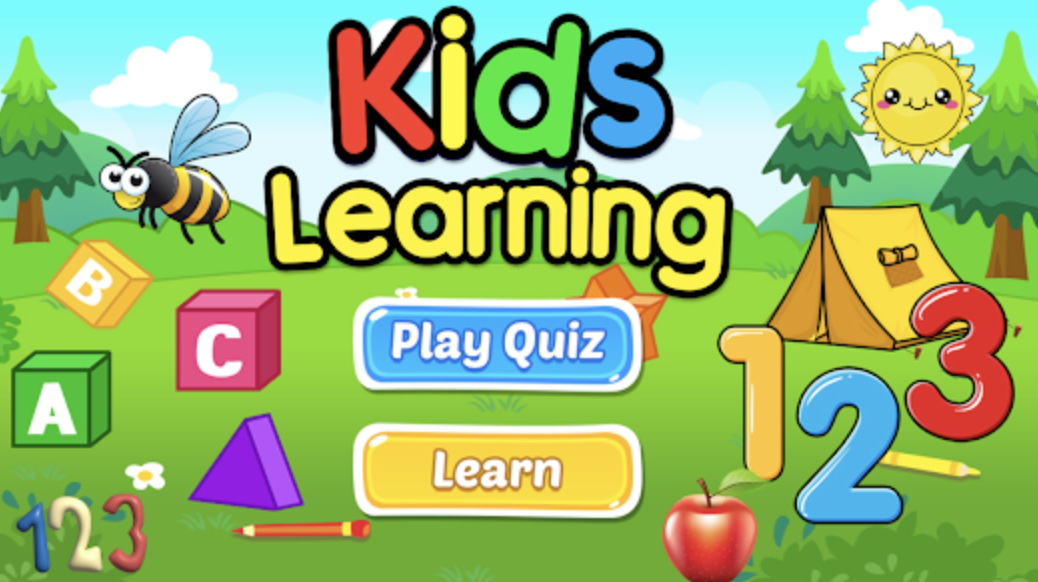
Interactive math games offer a dynamic and engaging approach to learning mathematics that departs from traditional methods. These games transform mathematical concepts from abstract and sometimes daunting challenges into accessible and enjoyable activities. Children are naturally drawn to play, and by integrating math into game formats, concepts such as addition, subtraction, multiplication, and division become part of a fun experience. More advanced games introduce children to geometry, fractions, and even basic algebra, accommodating various age groups and skill levels.
The beauty of interactive math games lies in their ability to adapt in real-time to a child's proficiency, presenting challenges that are neither too easy nor too difficult. This adaptive learning helps maintain a balance between learning and play, ensuring that children remain motivated and engaged. The immediate feedback provided by these games is invaluable, allowing children to recognize their mistakes and correct them, fostering a growth mindset.
Moreover, these games often incorporate elements of competition, whether against themselves, the clock, or others. This friendly competition stimulates a child's desire to improve and pushes them to practice more, thereby reinforcing their math skills. The social aspect of some of these games, whether through multiplayer modes or sharing scores, further enhances the learning experience by adding a layer of communication and teamwork.
Through interactive math games, children not only practice computational skills but also develop critical thinking and problem-solving strategies. These games encourage players to think quickly and logically, skills that are applicable far beyond the realm of mathematics. In essence, interactive math games are a valuable resource for parents and educators looking to cultivate a robust mathematical foundation in children, all while keeping the learning process lively and entertaining.
Encouraging Language Development with Word Games
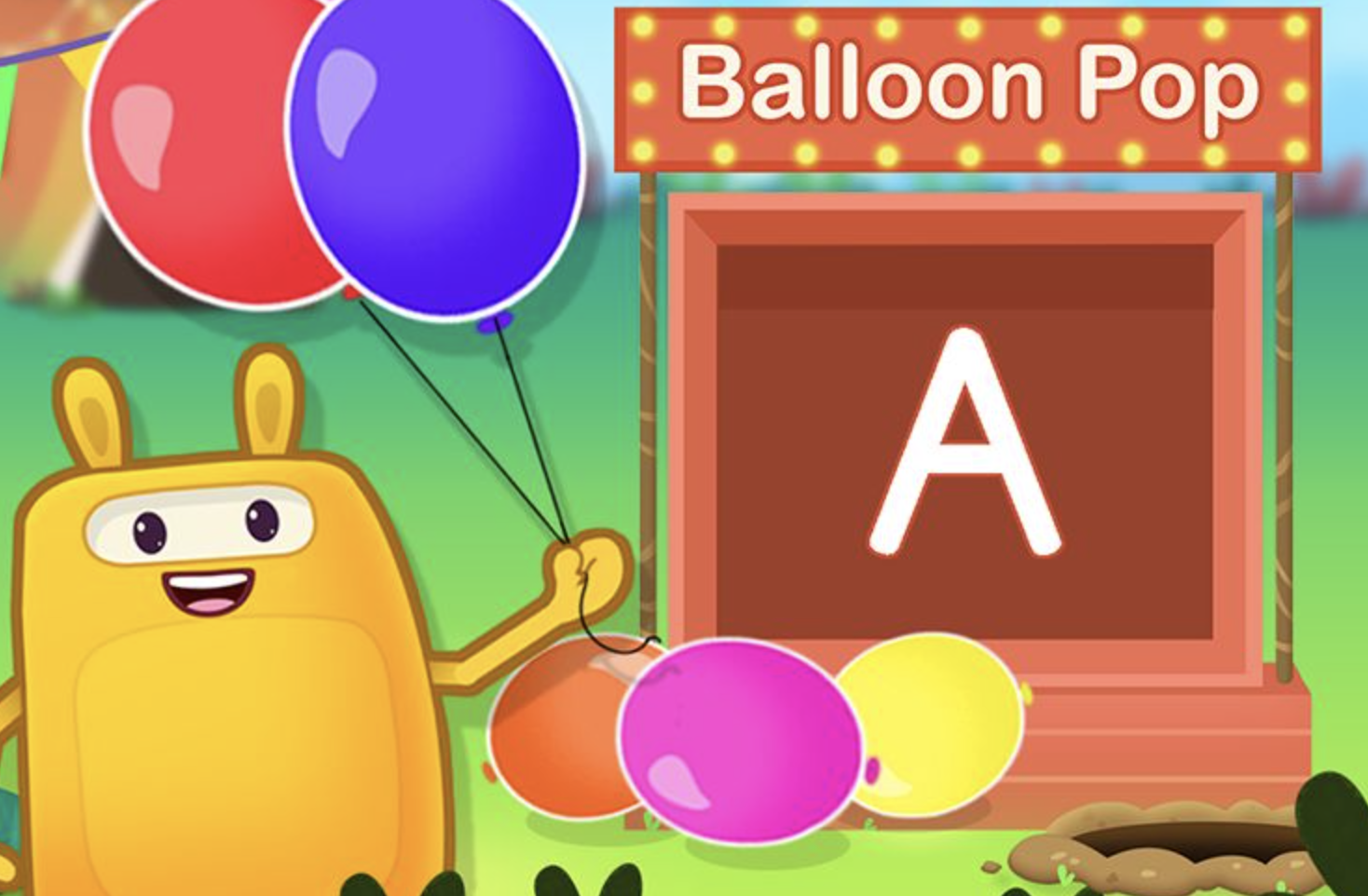
Word games stand out as a superb avenue for nurturing language skills in children, presenting an enjoyable blend of learning and play. Through the engagement in word puzzles, crosswords, and interactive spelling challenges, children are able to significantly enhance their reading and writing capabilities. These games, rich in educational value, are meticulously designed to boost a child’s vocabulary, spelling proficiency, and grammar, all while ensuring the process remains captivating and enjoyable.
The cognitive benefits of participating in word games extend beyond mere language acquisition. They stimulate mental agility, bolster memory retention, and hone concentration skills, offering a comprehensive brain workout that is both challenging and rewarding. The variety and versatility of word games ensure that children of different ages and learning stages can find something that matches their current skill level, making the learning process personalized and effective.
Moreover, word games often introduce children to new words in context, allowing them to grasp meanings and usages in a way that is more intuitive and less daunting than traditional rote learning methods. This contextual learning approach aids in embedding new vocabulary deeply into their memory, facilitating quicker recall and application in their daily language use.
By embedding learning in a framework of amusement, word games effectively transform the daunting task of language development into a delightful journey of discovery, ensuring that children remain engaged and motivated to explore the vast expanse of the English language.
Promoting Physical Activity with Outdoor Educational Games
Outdoor educational games blend the thrill of physical play with the enrichment of learning, offering an innovative way to keep kids physically active while fostering educational growth. Activities such as treasure hunts that integrate math or science clues, or sports with rules that incorporate historical facts or vocabulary, turn the great outdoors into a vibrant classroom. These games not only encourage physical development through exercise but also enhance cognitive abilities, such as problem-solving and decision-making, in a natural, engaging setting. Engaging in these playful yet educational activities, children learn the importance of teamwork and develop essential social skills as they interact with peers in a collaborative environment. Additionally, outdoor games can introduce children to environmental education, sparking an interest in nature conservation from a young age. As they navigate through challenges and games in outdoor settings, children gain a hands-on understanding of ecological concepts, promoting a healthy lifestyle intertwined with a respect and curiosity for the natural world. Through the fusion of play and learning, outdoor educational games present a unique avenue for holistic child development, making every leap, sprint, and discovery a step towards a more informed and active lifestyle.
Introducing Science Concepts with Interactive Science Games
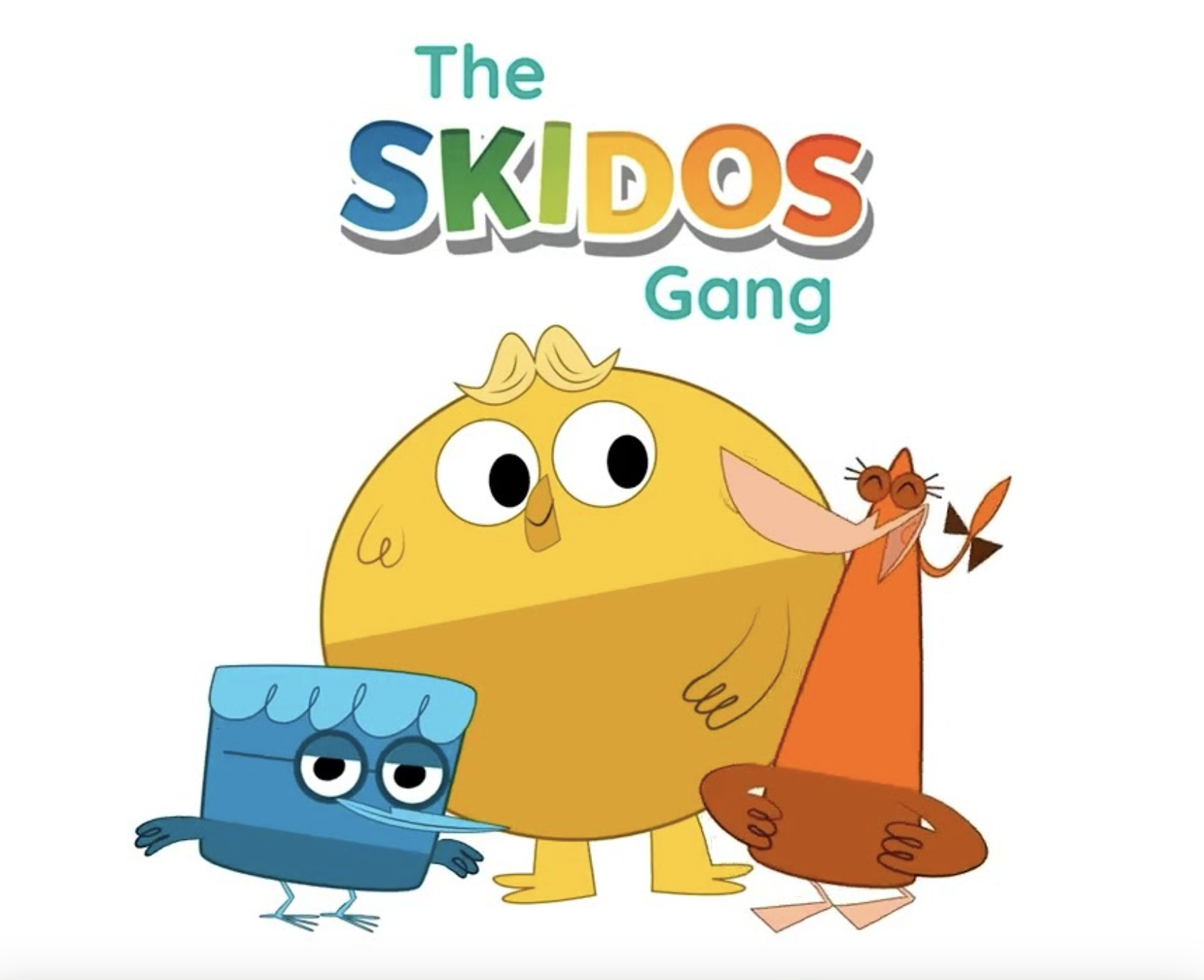
Interactive science games captivate children's imagination and guide them into the vast universe of scientific discovery in an engaging manner. These platforms offer an immersive experience where young learners can delve into various branches of science, from biology to physics, through interactive simulations and challenges. They simulate real-world scientific phenomena in a controlled, virtual environment, allowing kids to conduct experiments, solve puzzles related to scientific principles, and embark on adventures that reveal the mysteries of the natural world. Such games are designed to make complex concepts accessible and understandable for young minds, fostering a sense of wonder and encouraging questions that lead to deeper understanding. By engaging in these interactive experiences, children can build a solid foundation in scientific knowledge, develop problem-solving skills, and learn to apply logic and reasoning in various scenarios. This hands-on approach to learning science not only educates but also entertains, making it a powerful tool in sparking a lifelong interest in the sciences. Through these games, kids learn that science is not just a subject studied in school but a fascinating aspect of the world around them, waiting to be explored.
You May Also Like:


